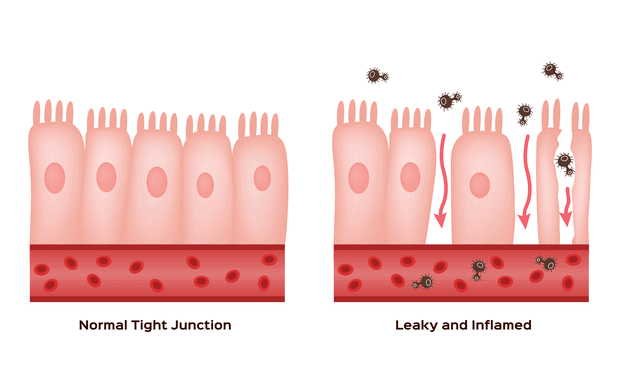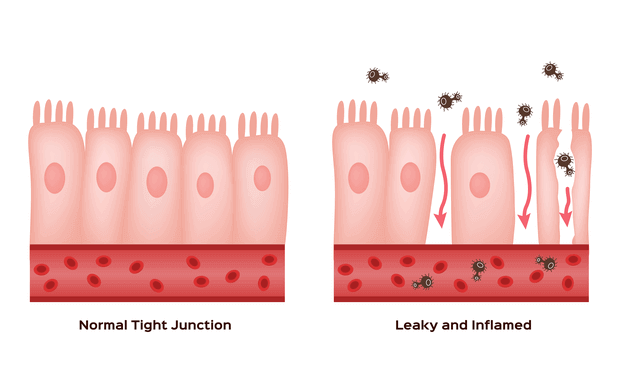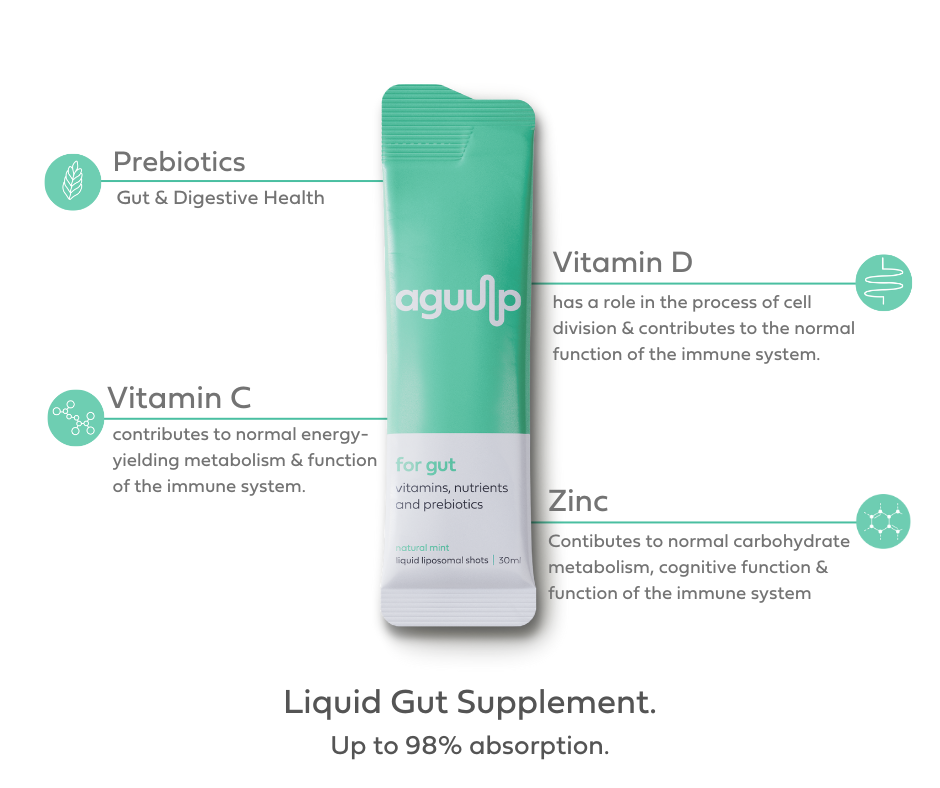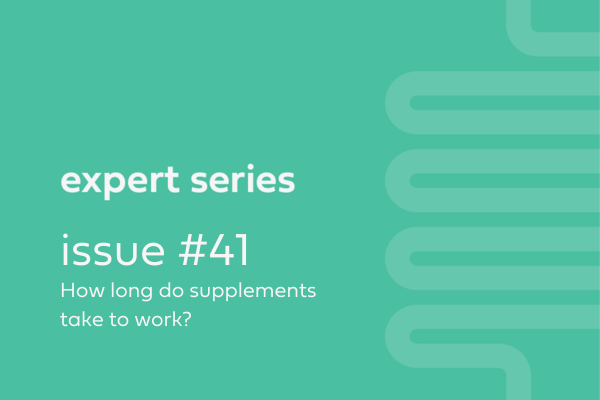
What is a Leaky Gut?

Understanding a Leaky Gut & How to avoid
What is a leaky gut?
‘Leaky gut’ describes a condition of altered or damaged bowel lining. In essence, a damaged bowel lining can lead to a number of painful or uncomfortable symptoms, including, but not limited to:
- chronic diarrhea, constipation, or bloating.
- nutritional deficiencies.
- fatigue.
- headaches.
- confusion.
- difficulty concentrating.
- skin problems, such as acne or eczema.
- joint pain.

Image credit: medanta.org.
How does it occur?
Leaky gut can occur from a number of different reasons, but most common include new antibiotics in the body, toxins, poor diet, parasites or infection. Leaky Gut can also be caused by intestinal inflammation which may originate from intestinal dysbiosis (imbalance of gut bacteria) or other sources of irritation which widens the junctions between the cells of the intestinal lining, allowing toxins and incompletely digested particles to be partially absorbed.
Prolonged use of non-steroidal anti-inflammatory drugs (NSAIDs) e.g. aspirin, ibuprofen can also cause gut irritation and block the repair of the gut wall. Other toxins, e.g. alcohol, food additives, also spicy foods and chronic (long-term) stress can irritate and inflame the gut lining, causing impaired intestinal permeability. Stress also affects the body’s ability to heal.
What happens if I have a Leaky Gut?
If there is damage to the bowel lining, this can lead to increased permeability of the gut wall allowing toxins, microbes, undigested food, waste or larger than normal macromolecules to pass into the blood stream. These substances affect the body directly, while others cause an immune reaction.
What can I do to help?
Chew Food Properly
Healthy digestion begins with chewing. It increases the surface area of food so it can be more easily broken down, stimulates saliva secretions which contain digestive enzymes to break down food and stimulates HCl production which is needed for protein digestion.
Keep a Food Diary
A food diary is exactly what it sounds like – you are keeping a log of all food you eat. Crucially, however you will use it to identify & eliminate foods & food groups that may be causing sensitivities and other substances that stress the intestinal lining, e.g. coffee, alcohol, hot spices, aspirin and other NSAIDs (non-steroidal anti-inflammatory drugs).
Fatty Acids
Essential Fatty Acids also help control inflammation but also help beneficial bacteria adhere to the gut wall. Good sources of EFAs are oily fish such as salmon, mackerel, herring, sardines and tuna, which should be eaten 3 times a week, and flax seeds (also known as linseeds), pumpkin, sesame and sunflower seeds, walnuts and green leafy vegetables such as spinach and cabbage so include these in the diet where possible.
What should I not do?
Watch out for Sugar & Processed Foods
Limit sugar, too much fruit and refined carbohydrates (white bread, pasta etc.) that release energy quickly and compromise immunity and also allows negative microbes to proliferate. Reduce processed convenience foods which are packed full of additives, flavour enhancers, high levels of sugar and salt, hydrogenated fats and other harmful ingredients.
Avoid Dairy
Consider avoiding dairy products which may feed any yeast imbalance. Incorporate dairy free alternatives such as Soya, oat and rice based products.
Avoid Fermented Foods
Minimise fermented products which can potentially feed any yeast imbalance. e.g. pickled foods, aged cheese, soya sauce, alcohol.
Some people also find it useful to reduce wheat or possibly gluten.
Reduce medication, where possible
Reduce or monitor intake of medications (if you can) that may be contributing to Leaky Gut Syndrome (NSAIDS i.e. paracetamol, ibuprofen etc)
Other Top Tips
- Use natural, organic cleaning products, bath products and cosmetics where possible
- Eat small, frequent meals which puts less stress on the digestive system
- Managing stress is important. Consider taking up something that helps you deal with stress and aids relaxation: such as meditation, Reiki, Qi Gong, Yoga. Make sure that any exercise you do is gentle.
- Dry skin brushing helps to cleanse the lymphatic system. Brush before taking a bath or shower, always brushing towards the centre of your body with one clean sweep for every part of your body.
- Get plenty of sleep. It has been said that most adults require between 8-9 hours sleep a night and many people get less than this. It has been demonstrated that lack of sleep can result in: a drop in body temperature and weakening of the immune system.
How can Aguulp help?
Aguulp for Gut contains pre-biotics such as inulin and fructo-oligosaccharides that encourage and stimulate the growth of friendly bacteria in the gut. As a result, the growth of pathogenic or unhealthy bacteria is reduced, minimising the irritation and inflammation that can occur which can lead to the widening of the junctions of the cells in the intestinal lining, thus reducing the risk of impaired intestinal permeability.
L-glutamine specifically selected to be included in Aguulp for Gut due to its ability to heal the gut. Glutamine is a non-essential amino acid that is the preferred fuel source for the cells that line the intestinal tract and for the immune system. It has a vital role in cell growth and functioning and is well known for its role in gut healing and repair.
Contains Vitamin D – has a role in the process of cell division which is necessary for repair and healing of damaged tissues. Vitamin D may therefore play a role in the healing of the damaged cells in the intestinal lining in conditions such as ‘leaky gut’. Vitamin D also contributes to the normal function of the immune system. The immune system is implicated in leaky gut as a result of substances that are able to pass through the intestinal wall, into the blood steam and provoking an immune reaction.
Contains Vitamin C – vital antioxidant which protects against inflammation that can damage the gut wall.
Contains Zinc– enhances intestinal barrier.
Learn more about Aguulp Gut Supplement.
Sources:
https://pubmed.ncbi.nlm.nih.gov/30504122/
https://europepmc.org/article/MED/3780475
https://pubmed.ncbi.nlm.nih.gov/34445577/
https://pubmed.ncbi.nlm.nih.gov/27749689/
https://www.ncbi.nlm.nih.gov/pmc/articles/PMC8087346/
https://pubmed.ncbi.nlm.nih.gov/24965526/
https://pubmed.ncbi.nlm.nih.gov/30108163/
https://pubmed.ncbi.nlm.nih.gov/33492118/
https://pubmed.ncbi.nlm.nih.gov/25407511/
https://pubmed.ncbi.nlm.nih.gov/22314561/
https://pubmed.ncbi.nlm.nih.gov/34138767/
https://pubmed.ncbi.nlm.nih.gov/25520366/


